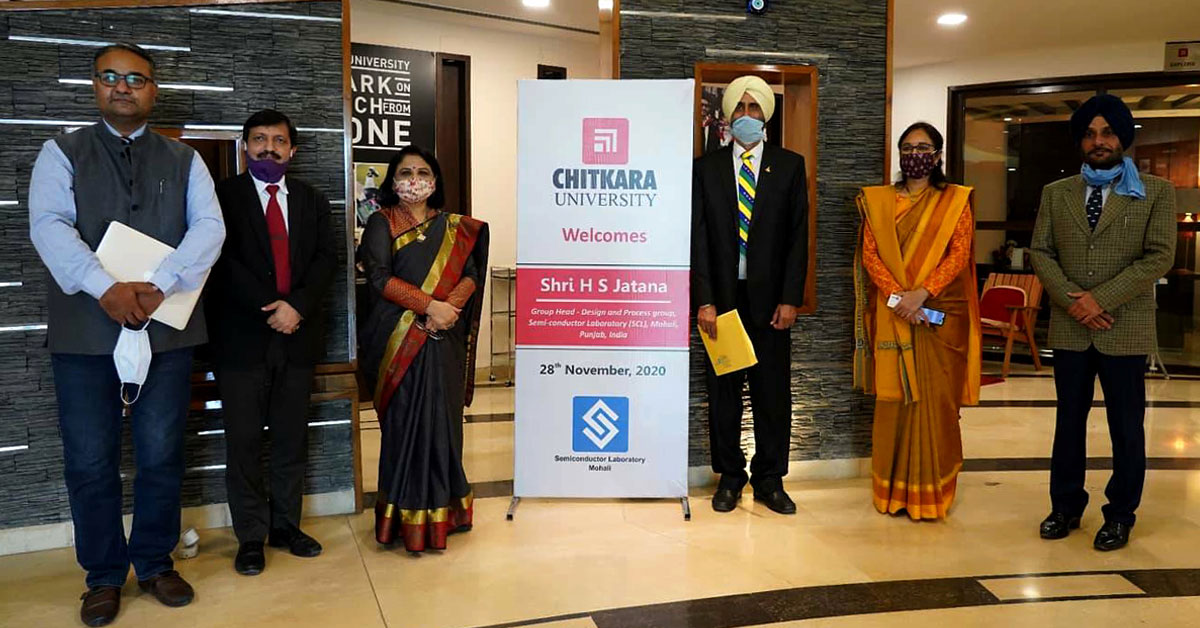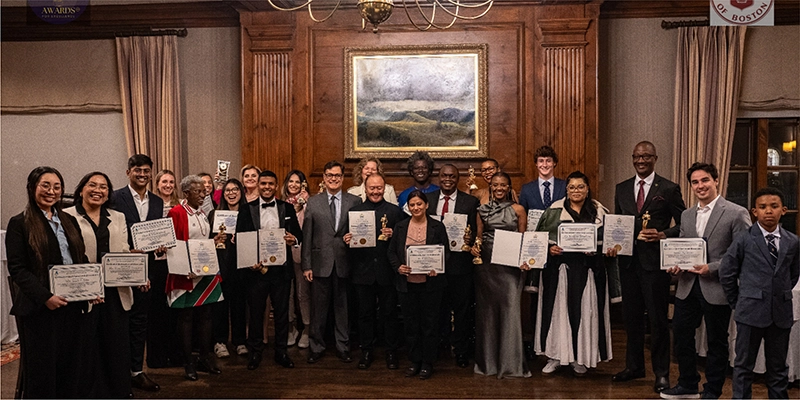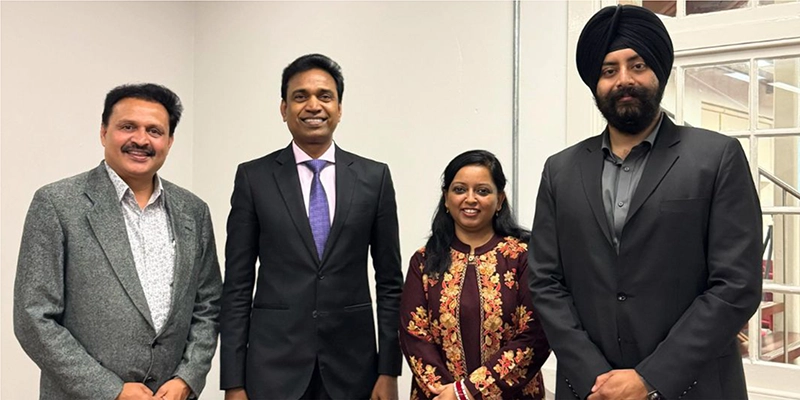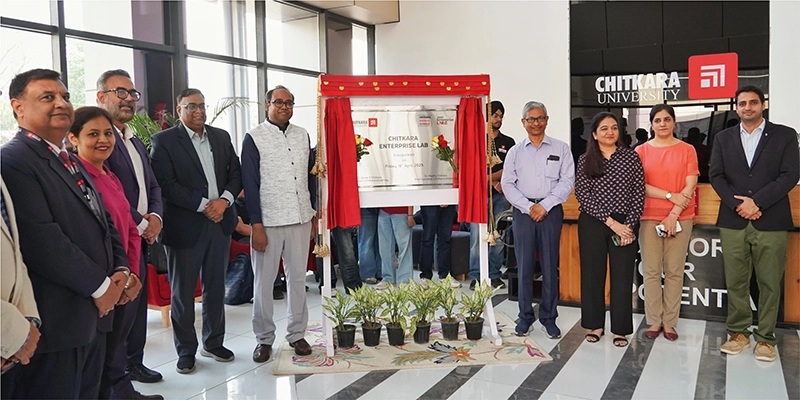Chitkara University in collaboration with Semi-conductor Laboratory released a Neural Amplifier Chip
On November 28th, A neural amplifier chip was proudly released at Chitkara University in the presence of Dr. Madhu Chitkara (Pro Chancellor, Chitkara University), Dr. Archana Mantri (Vice Chancellor, Chitkara University) and Sh. H.S.Jatana (Group Head – Design and Process group, Semi-conductor Laboratory (SCL), Mohali, Punjab, India).
The VLSI Centre of Excellence, Chitkara University, Punjab, India in collaboration with Semi-conductor Laboratory (SCL), Punjab, India have designed and fabricated a low-voltage low-noise neural amplifier silicon chip in 0.18 µm technology useful for diagnosis of various chronic diseases like Parkinson, Spinal cord injuries, Epilepsy and Paralysis etc.
The SCL, Punjab is a research institute of the Department of the Space which comes under the Government of India. The main objective of SCL is to conduct researches and developments in the sphere of semi-conductor technology.
Speaking on the occasion, Dr. Madhu Chitkara Pro Chancellor, Chitkara University reiterated University’s commitment to promote the cause of research and innovation so as to pass on the maximum benefit to its students who eventually are nation builders of tomorrow.
Dr. Archana Mantri, Vice Chancellor, Chitkara University expressed her happiness about the way outcome-based research to benefit the society has been one of the important goals of any research tasks taken up at the university. She congratulated Dr. Rajnish Sharma (Lead-VLSI Centre of Excellence) under whose guidance Dr. Kulbhushan Sharma could accomplish this challenging task of coming up with the neural amplifier IC chip design.
Sh. H.S. Jatana (Group Head – Design and Process group, SCL) con-gratulated the whole team of Chitkara University and applauded the support provided by University management to faculty members and students to involve themselves in these kinds of challenging research tasks. He explained the possible usage of the chip in the industry do-main.
This work is an example of hand in hand efforts put forth by both academia and industry which is useful not only for clinics and patients but also to the research scholars and circuit design community working in bio-potential signal recording all over the world. Further, the novel low-voltage and low-noise techniques reported in the design of neural amplifier are expected to be used by the scientific community for implement-ing various other circuits such as voltage amplifiers and trans-impedance amplifiers etc. for biomedical applications.
VLSI Center of Excellence is an Integral part of Chitkara University Research and Innovation Network (CURIN) which is basically responsible for doing active research so as to deliver real solutions for the benefit of the society at large.



















